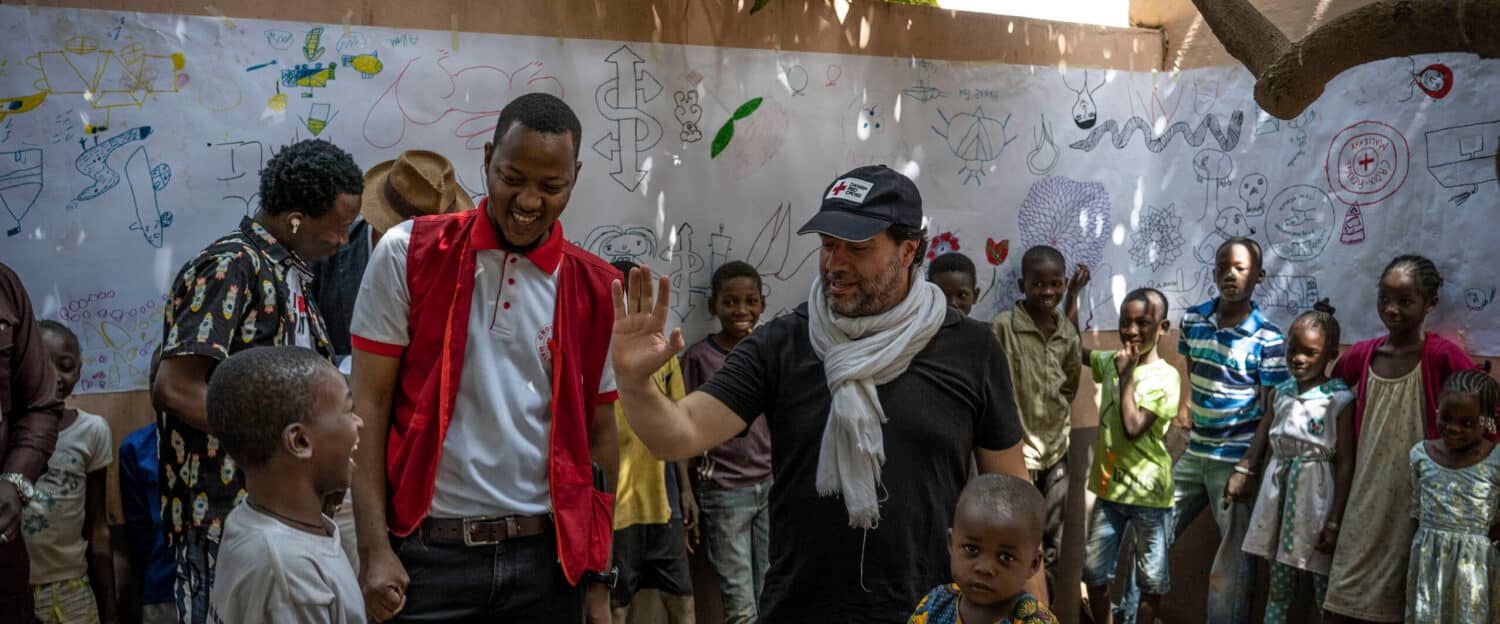The Role of AI in Transforming Humanitarian Aid
Artificial intelligence (AI) is rapidly advancing the capabilities of humanitarian aid organizations, ultimately transforming the way assistance is delivered in crisis situations. One notable application of AI is in predictive analytics, which enables organizations to forecast potential crises and deploy resources effectively. By analyzing historical data and current trends, AI algorithms can identify vulnerable areas likely to experience disasters, thereby allowing for proactive measures. For instance, the World Food Programme has utilized AI to predict food shortages by analyzing climate patterns and socio-economic indicators, helping in timely interventions.
Moreover, AI plays a critical role in optimizing resource allocation during disaster relief operations. By employing machine learning models, organizations can analyze logistical challenges and prioritize aid distribution based on urgency and need. This not only improves efficiency but also reduces waste, ensuring that limited resources are utilized most effectively. A poignant example is the use of AI-driven platforms by the Indian government during the COVID-19 pandemic, which facilitated the management and distribution of critical medical supplies based on real-time data and predicted needs.
The decision-making processes in humanitarian operations are greatly enhanced by the integration of AI technologies. AI platforms can analyze vast amounts of data to provide insights that inform strategies for effective intervention. For example, during the 2015 Nepal earthquake, aid organizations employed AI data analysis tools to assess damage and identify the most affected regions, allowing them to deploy teams and resources more efficiently. These real-life case studies reflect not only the immense potential of AI in revolutionizing humanitarian processes but also the tangible improvements in relief efforts and outcomes achieved through its implementation.
Innovative AI Solutions Driving Sustainable Development
Artificial Intelligence (AI) is becoming increasingly pivotal in driving sustainable development and humanitarian aid across various sectors. Innovative AI solutions are fostering resilience in vulnerable communities and enhancing the effectiveness of humanitarian responses. For instance, chatbots are emerging as valuable tools that facilitate communication in crisis situations. These AI-driven platforms are designed to assist individuals in accessing vital information quickly, allowing them to make informed decisions in emergencies. By providing timely updates on resources, health services, and safety measures, chatbots are promoting a more active and educated response from affected populations.
Moreover, the use of AI technologies extends beyond communication enhancements. Machine learning algorithms are being employed to analyze large datasets, helping organizations predict and respond to crises more efficiently. These insights enable humanitarian agencies to allocate resources effectively, target interventions where they are most needed, and monitor the impact of aid initiatives. By integrating AI into decision-making processes, organizations can ensure that their efforts are data-driven and aligned with the specific needs of the communities they serve.
Additionally, AI fosters equity and inclusivity by facilitating access to services for marginalized groups. Voice recognition and natural language processing technologies can break down language barriers, allowing non-native speakers to receive assistance. Likewise, AI can adapt content to meet the literacy and comprehension levels of diverse populations, ensuring that critical information reaches everyone, regardless of their background. These advancements illustrate the profound impact of AI on promoting sustainable development, as they prioritize the needs of the most vulnerable.
Expert insights highlight that the collaboration between technology firms and humanitarian organizations is crucial for realizing AI’s full potential in creating long-term, positive social change. By investing in innovative AI solutions that enhance inclusivity and efficiency, stakeholders can navigate the complexities of humanitarian efforts, steering towards a more equitable and sustainable future.
